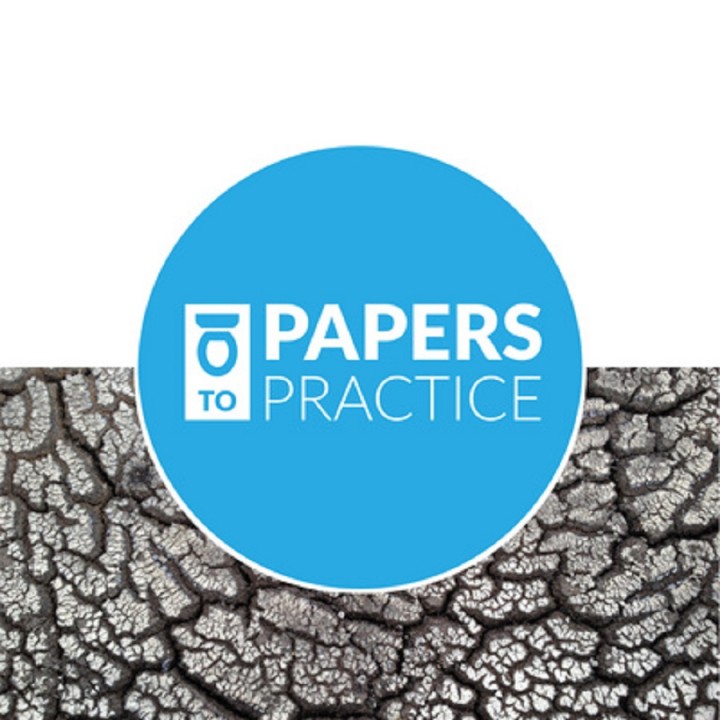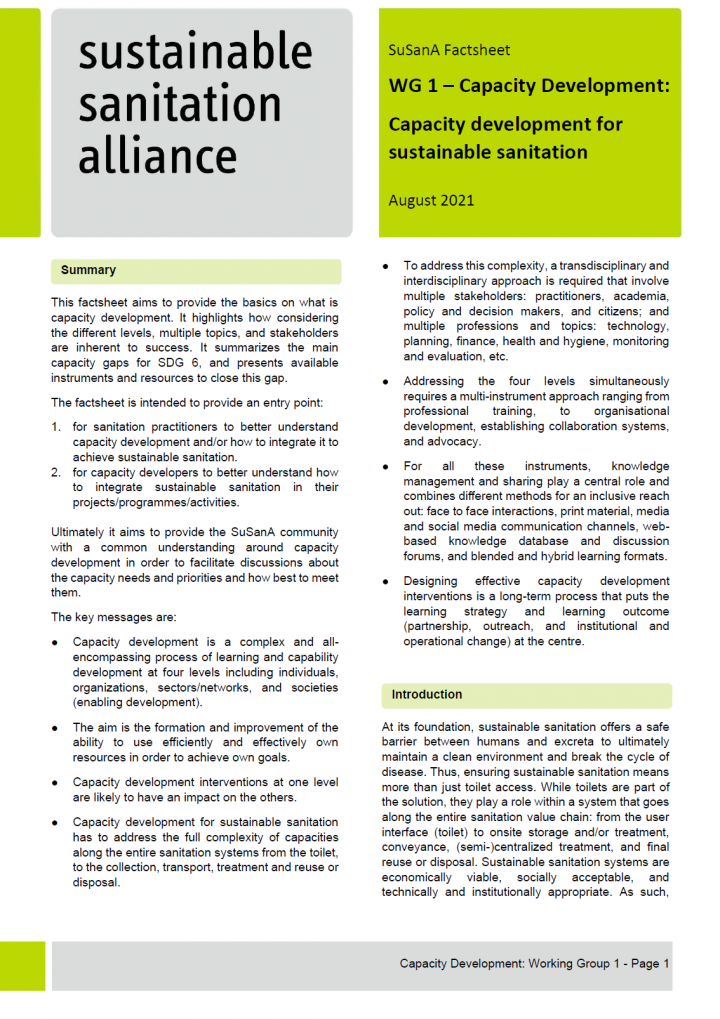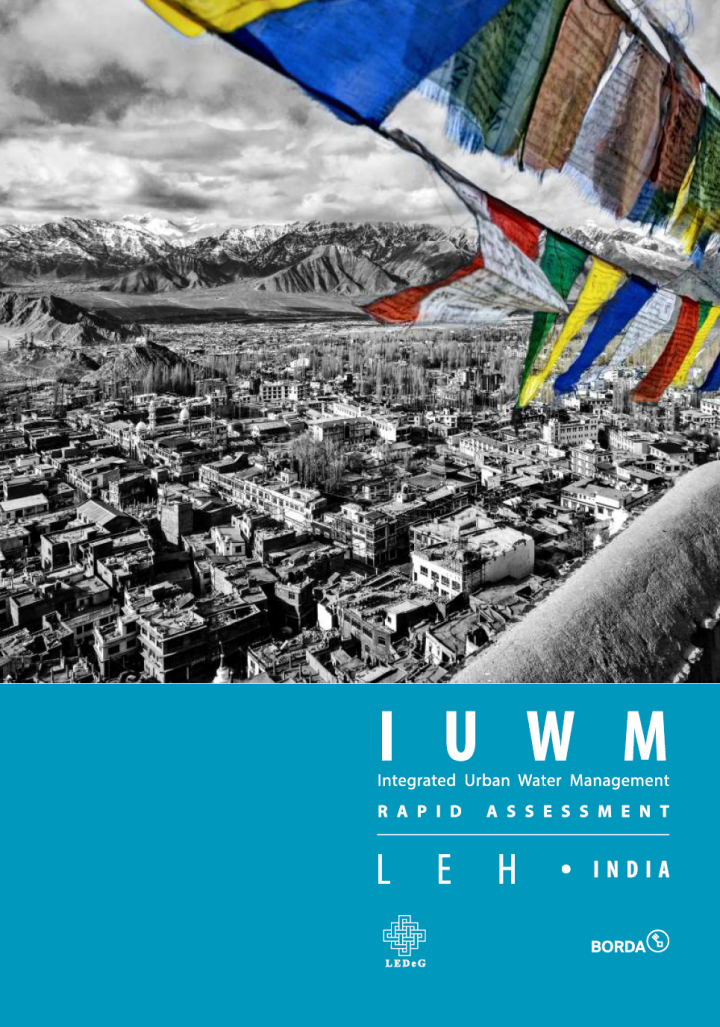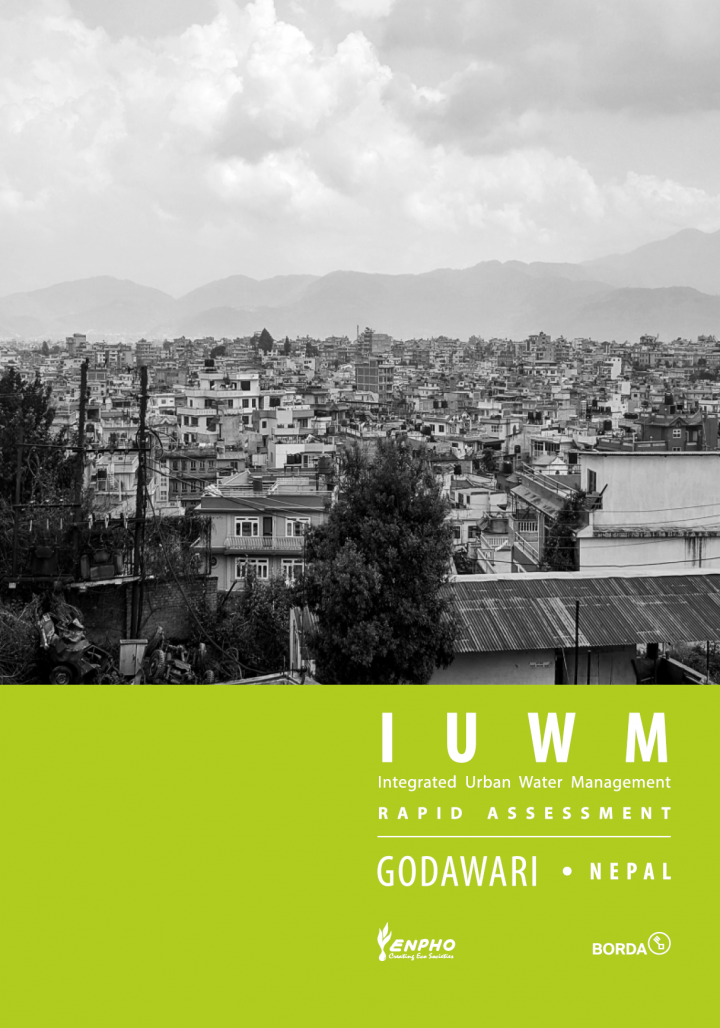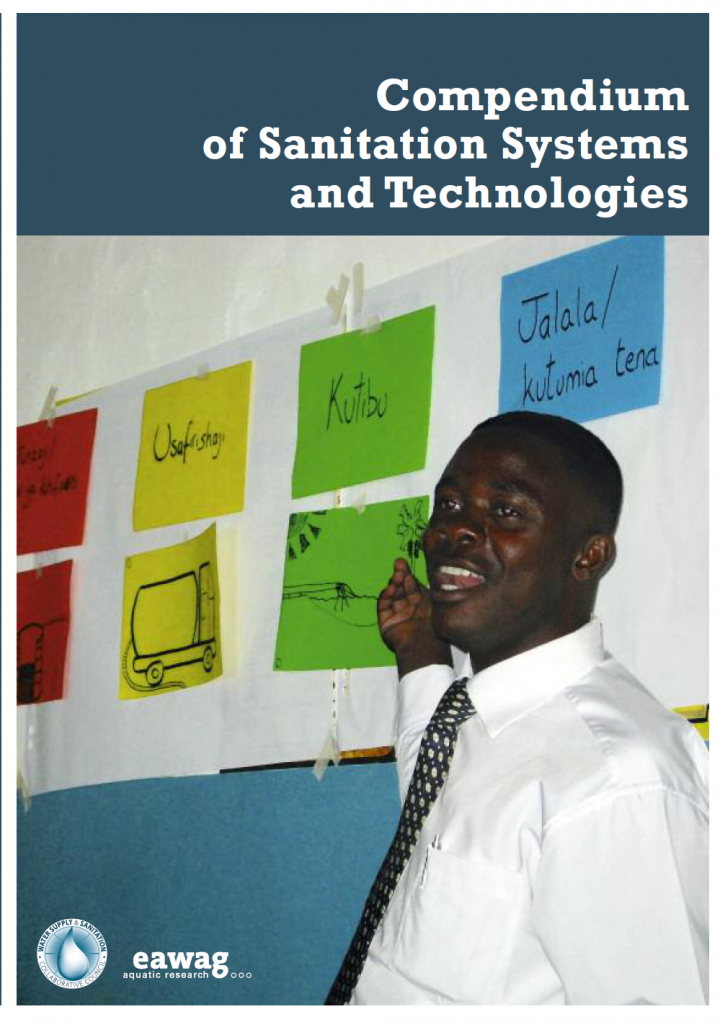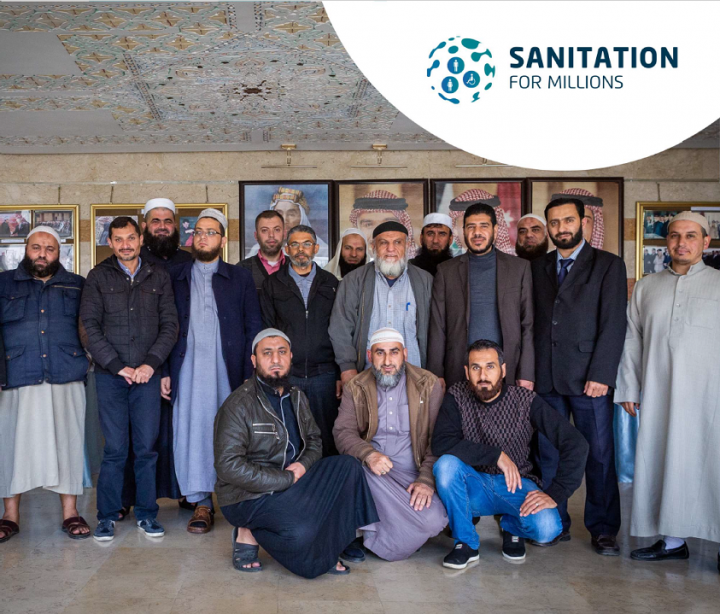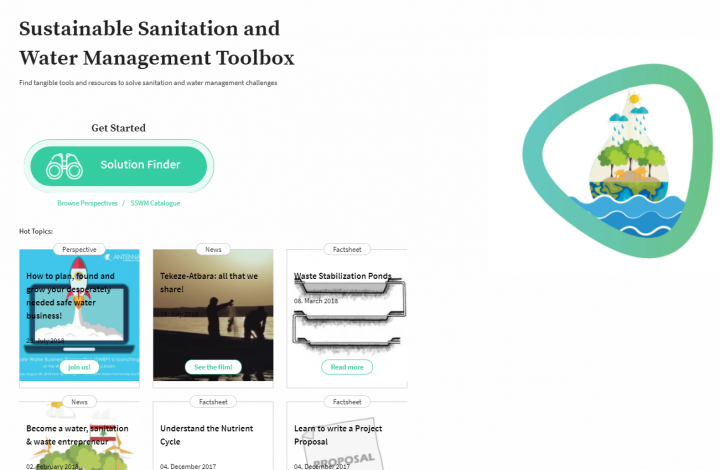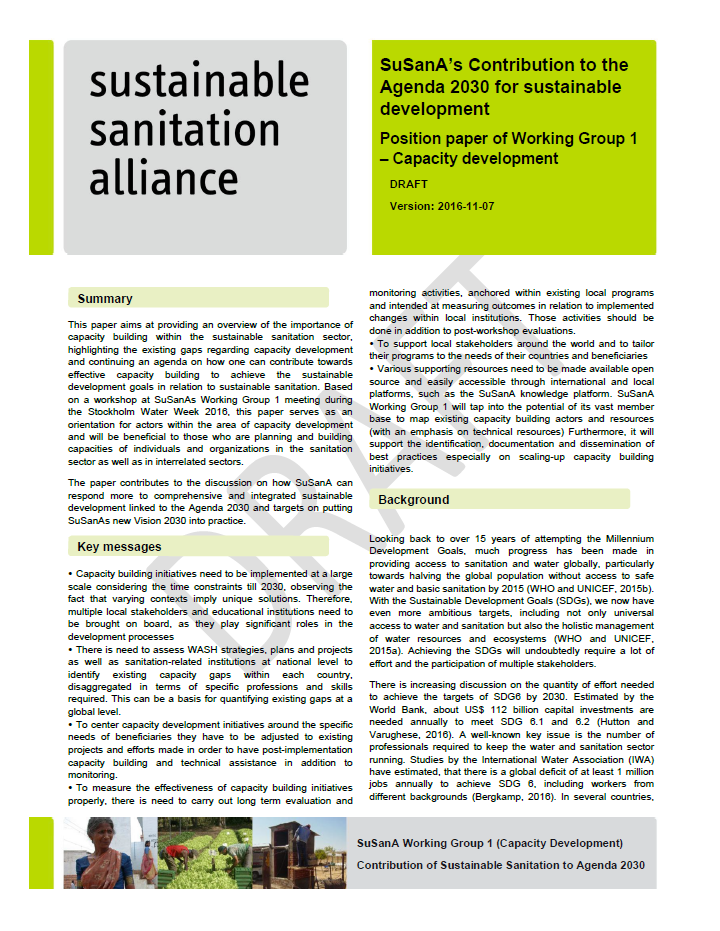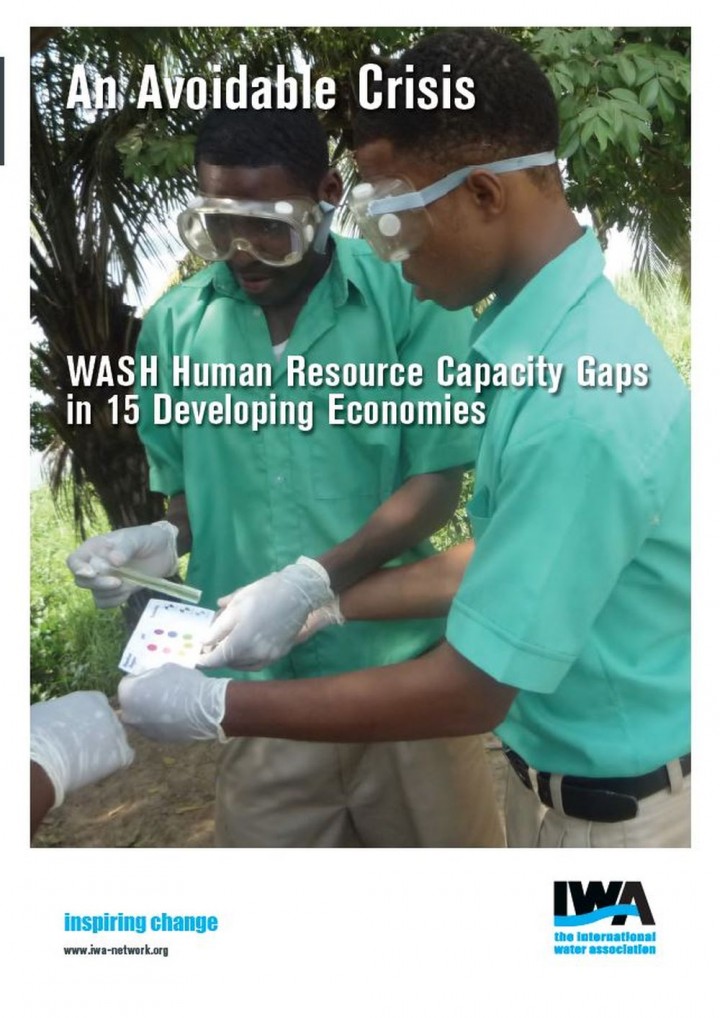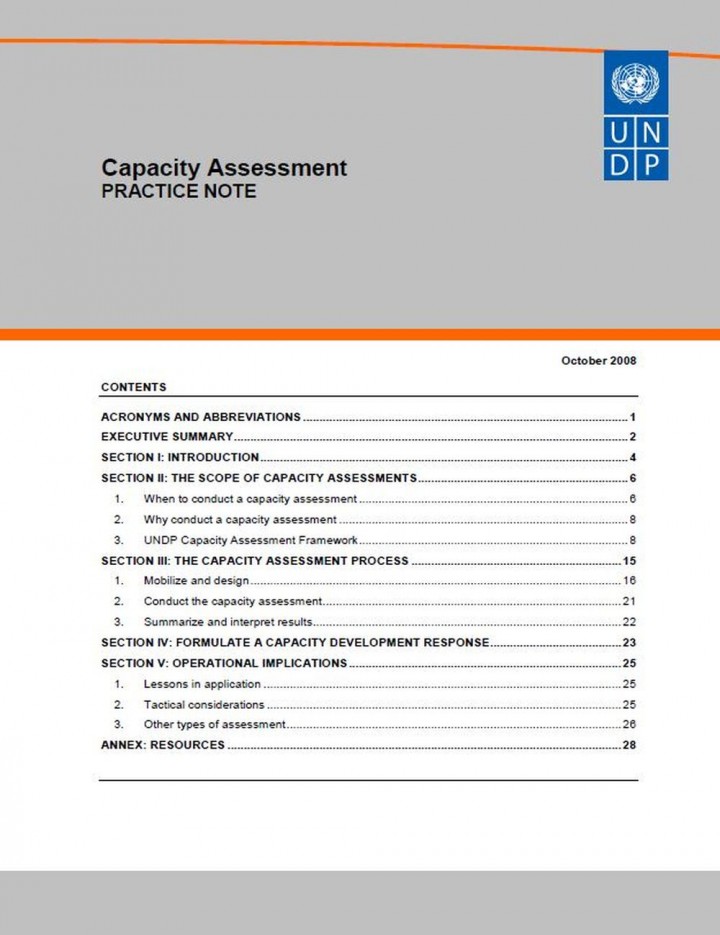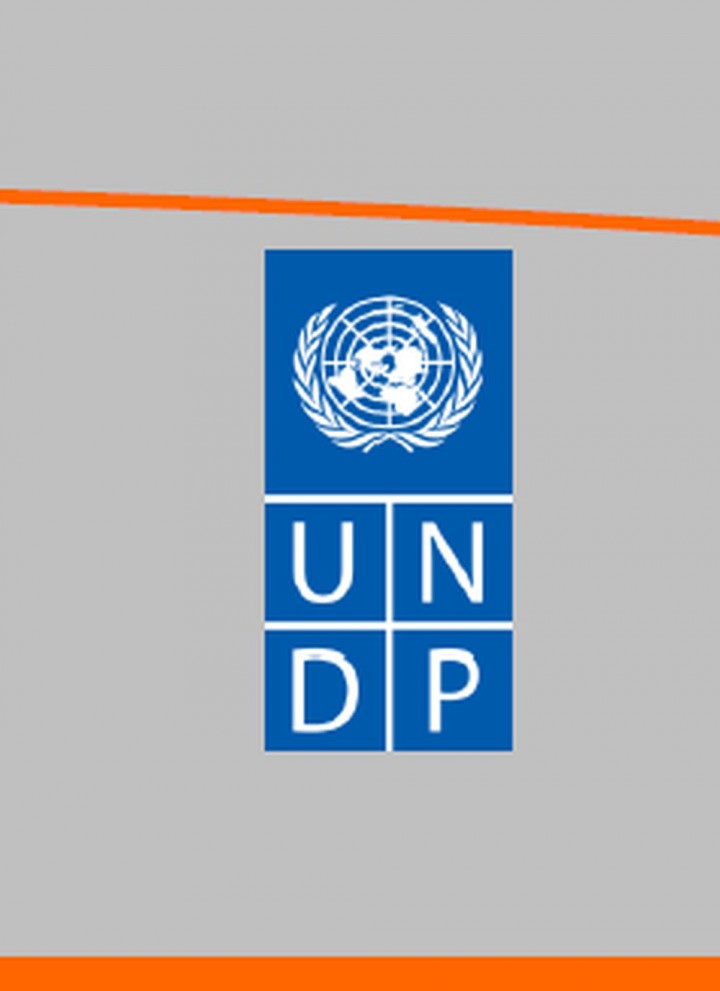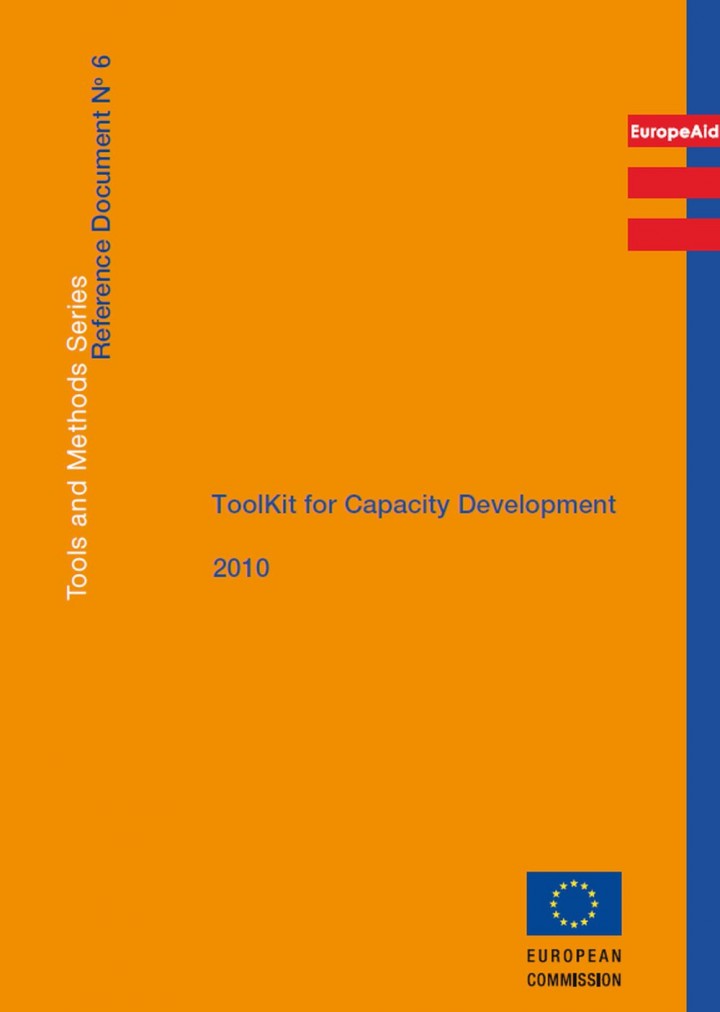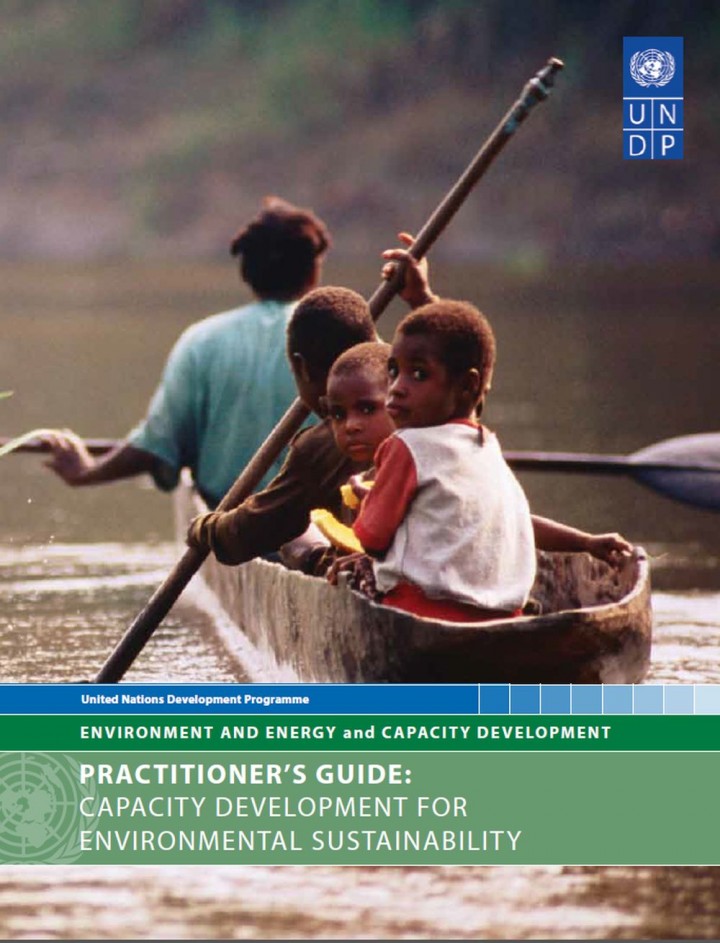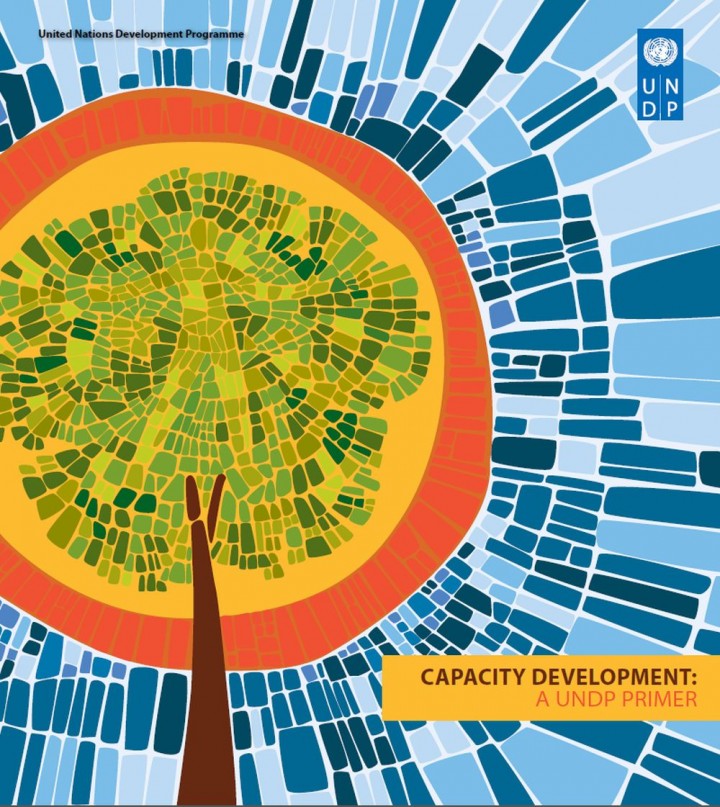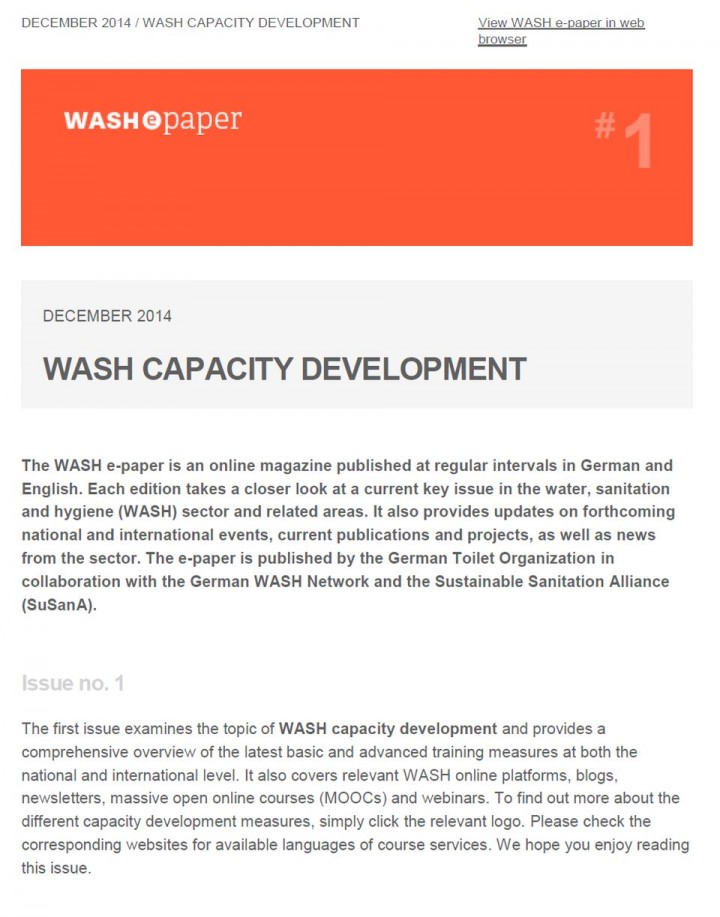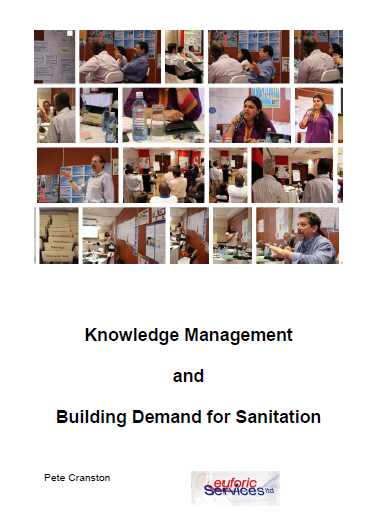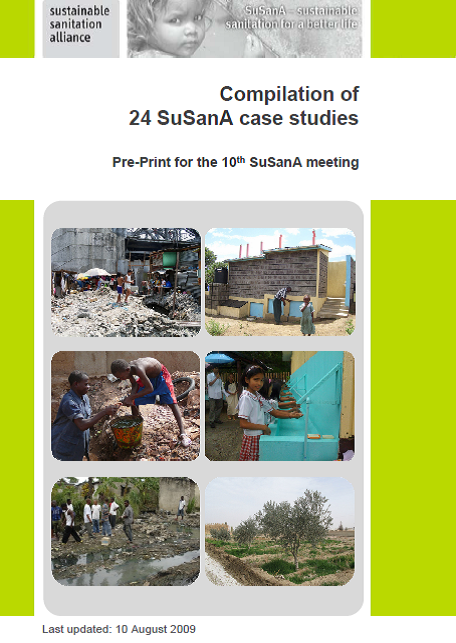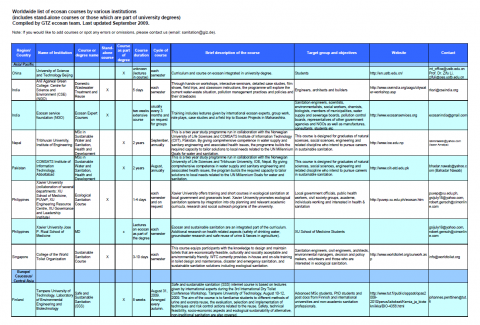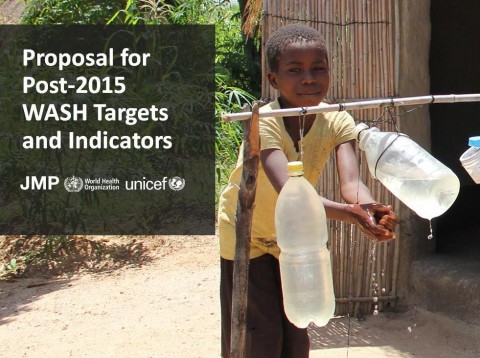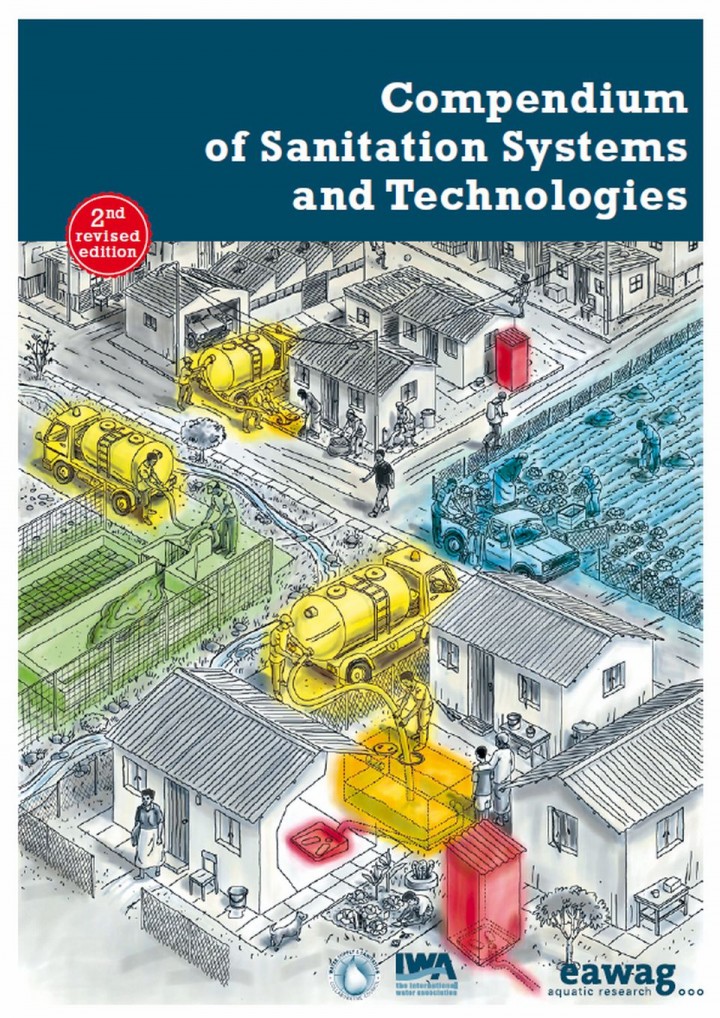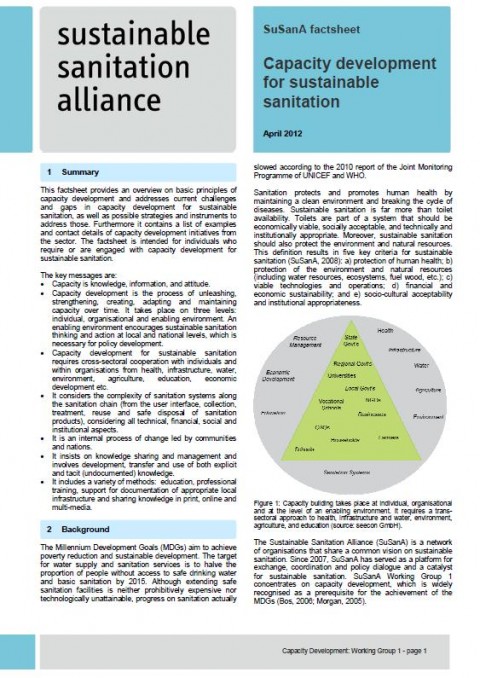Searching for information on Sanitation Workers?
The Sanitation Workers Knowledge + Learning Hub is the best source for all current news, trends, articles and updates on sanitation workers rights around the world.
A series where we take important sanitation-related publications and break them down in 30 minutes, making them more accessible to busy professionals working to deliver inclusive, safely managed sanitation services globally. We sit with authors and ask them who should know about the paper and what are the key points to be able to put these papers to practice. This series is co-hosted by CAWST & …
This factsheet aims to provide the basics on what is capacity development. It highlights how considering the different levels, multiple topics, and stakeholders are inherent to success. It summarizes the main capacity gaps for SDG 6, and presents available instruments and resources to close this gap.
The factsheet is intended to provide an entry point:
1. for sanitation practitioners to …
LEDeG and BORDA have been working in partnership since 1987. Initially cooperation was focused on renewable energy projects which provided electricity to 67 villages through micro-hydro technology. The cooperation was later expanded to include a range of income generation activities such as food processing, handicrafts and food production. In recent years the cooperation has evolved to focus on …
ENPHO and BORDA have been working in partnership since 2004 to improve living conditions and to protect natural resources and climatic conditions in inadequately served urban and peri-urban settlements in South Asia. Concentrated in the field of urban sanitation, key achievements include technical support and scaling up of Decentralized Wastewater Treatment Systems (DEWATS), introducing Faecal …
The objective the Compendium is threefold:
1. Expose the Compendium user to a broad range of sanitation systems and innovative technologies;
2. Help the Compendium user understand and work with the system concept, i.e. the process of building a complete system, by iteratively choosing and linking appropriate technologies;
3. Describe and fairly present the technology-specific advantages and …
Universal access to adequate sanitation is one of the under-appreciated achievements of many societies – and unfortunately remains a distant dream for millions. Even in countries where there is no home without a toilet, public institutions tend to have facilities that are part of the unseen fabric of civilisation. Familiar signs guide the way to public conveniences that are usually open to …
Water resources around the world are under increasing pressure: Population growth and urbanisation, climate change and rapid industrialisation, expanding and intensifying agricultural production, and increasing demand of water for industry and energy production are all putting pressure on water resources. Around the world, water scarcity and conflicts seriously undermine progress towards …
This paper aims at providing an overview of the importance of capacity building within the sustainable sanitation sector, highlighting the existing gaps regarding capacity development and continuing an agenda on how one can contribute towards effective capacity building to achieve the sustainable development goals in relation to sustainable sanitation. Based on a workshop at SuSanAs Working Group …
Shortages of human resources in the Water, Sanitation and Hygiene (WASH) sector will undermine the progress of many countries over the last two decades to increase access to water and sanitation. It will impede socio-economic
development of those countries that remain off-track to meet the MDG water and sanitation targets, and raises questions about how realistic WASH targets under the …
The achievement of the Millennium Development Goals and other international and national development targets hinges on capacities of individuals, organizations and societies to transform, in order to reach their development objectives. While financial resources, including official development assistance, are vital, they are not enough to promote sustainable human development. Without supportive …
Capacity development helps to strengthen and sustain this foundation. UNDP defines it as the process through which individuals, organizations and societies obtain, strengthen and maintain the capabilities to set and achieve their own development objectives over time. It is the ‘how’ of making development work better and is at the heart of UNDP’s mandate and functions. The UNDP Strategic …
The purpose of this document is to improve planning and implementation of capacity development, including dialogue about and support to such processes from development partners.
The approach and the tools presented are developed to assist practitioners, including staff and managers in public
organisations who are tasked with developing the capacity of a sector, a subsector or an individual …
Capacity development and environmental sustainability are both central to UNDP ’s mandate and programming. The purpose of this Practitioner’s Guide is to provide practical guidance to UNDP staff, partner countries and other development partners on the nature of environmental capacity and how to support capacity development for environmental sustainability (CDES ). The guide builds on UNDP …
This primer addresses the basic elements of the UNDP approach to capacity development. It provides a simple, cogent and accessible illustration of the UNDP Capacity Development Approach for the benefit of development practitioners both within and beyond the UN development system – a real-world guide to real-world applications to strengthen and contribute to national capacities for development. …
This ePaper is also available in French, German and Spanish (see below).
The WASH e-paper is an online magazine published at regular intervals in German and English. Each edition takes a closer look at a current key issue in the water, sanitation and hygiene (WASH) sector and related areas.
The first issue examines the topic of WASH capacity development and provides a comprehensive overview …
This document is the final report from a consultancy assignment focusing on Knowledge Management in the Building Demand for Sanitation (BDS) portfolio of the Bill & Melinda Gates Foundation (BMGF) water, sanitation, and hygiene (WASH) program.
The assignment entailed:
- Surveying the participants of the 2014 annual Grantee Convening
- Facilitating a consultative and ideation process during …
This Compendium aims at pulling the main information on sanitation technologies together in one volume. Moreover, the Compendium is to promote a systems approach; sanitation devices and technologies should always be considered as parts of an entire system.
This second, revised edition of the Compendium presents a huge range of information on sanitation systems and technologies in one volume. …

